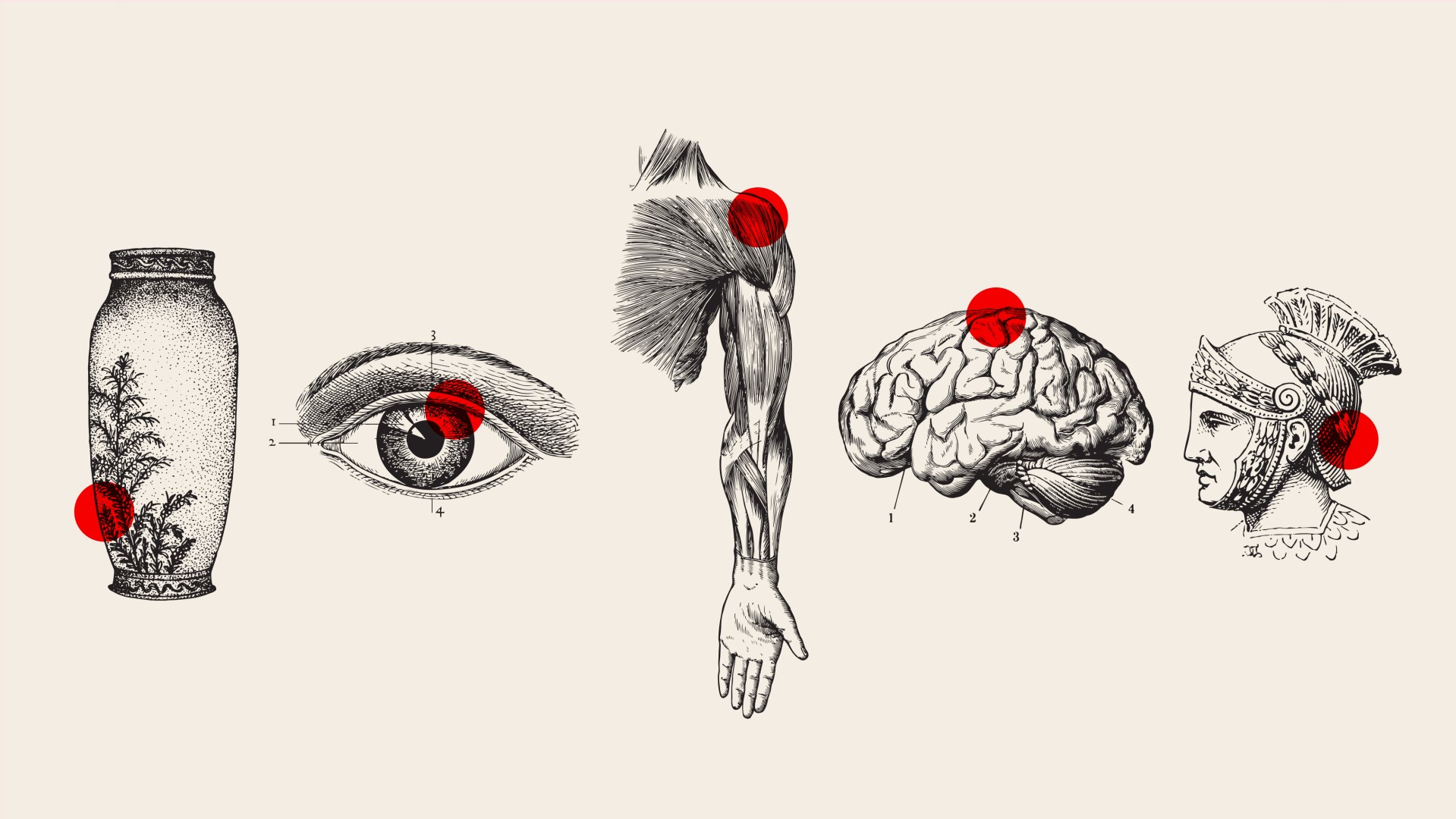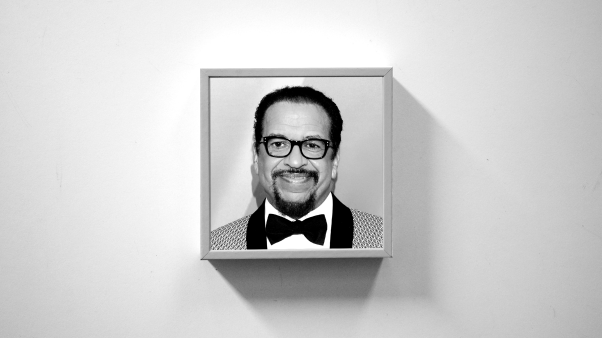The Dictionary of Daily Life in Biblical and Post-Biblical Antiquity , released as a 1,818-page behemoth in 2017, is one of those books you get lost in for hours in “does this still count as sermon prep?” mode. In Covidtide, we’ve been popping into R. K. Harrison and Edwin Yamauchi’s entry on “Medicine and Physicians.” Here’s some cool stuff we learned:
- The Old Testament doesn’t include a single reference to a doctor or medicine healing the sick.
- By contrast, references to physicians in the Mishnah and Talmud are very positive. (Well, there is the line that “The best among physicians is destined for Gehenna” and the listing of physician among “the trades of robbers.”)
- Rabbis counted 248 “limbs” in the human body and 365 “sinews,” corresponding to the 248 positive commandments and 365 negative ones.
- Paul calls Luke “the beloved physician” (Col. 4:14), but the writer doesn’t use any special medical vocabulary in his gospel or in Acts, despite their many healing stories.
- When Jesus was born, the Roman medical world was being upended, going from rejecting Greek ideas about medicine to adopting them.
- Frankincense and myrrh were among the most common medicines in Jesus’ day.
- Egypt had an internationally famous medical system, with dentists, “doctors of the eyes,” “doctors of the abdomen,” and “doctors of the anus.” But they didn’t care about the brain, which they thought of as “merely stuffing for the head.”
- When Revelation’s son of man tells the church in Laodicea to “buy from me … salve to put on your eyes, so you can see” (3:18), it’s a reference to the city’s fame for ophthalmologists and eye ointments.
- The earliest Christian theologians were so enthralled by the Great Physician that they were critical of other physicians. “Medicine and everything included in it is an invention,” wrote Tatian around A.D. 160–180.
- Christians became pro-medicine by the 200s, as physicians were listed among the church’s most famous martyrs. Those who “accepted no silver in payment” were praised. By the late 300s, creating hospitals was a core part of a Christian leader’s work, like founding monasteries.
Compiled by Ted Olsen, editorial director of Christianity Today.










